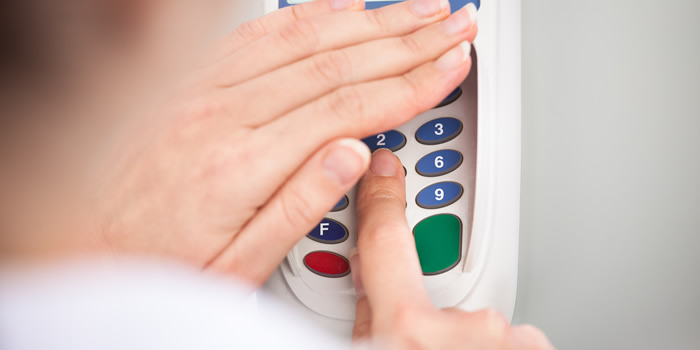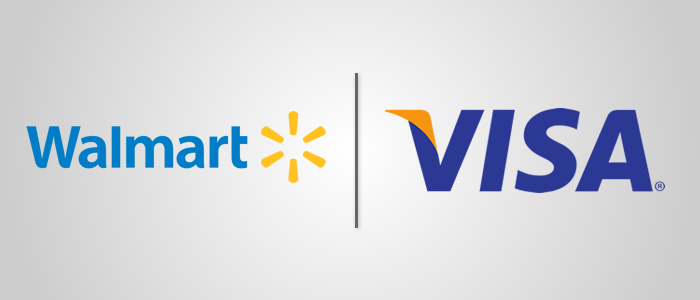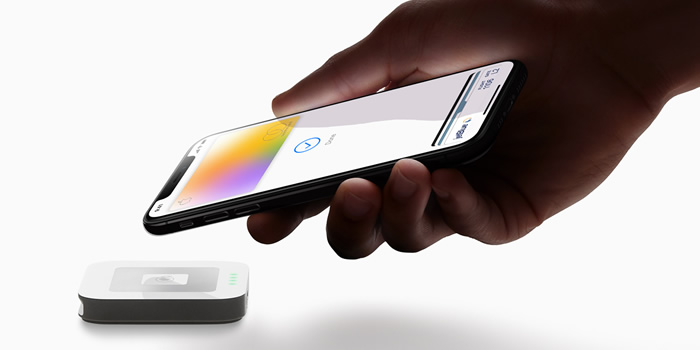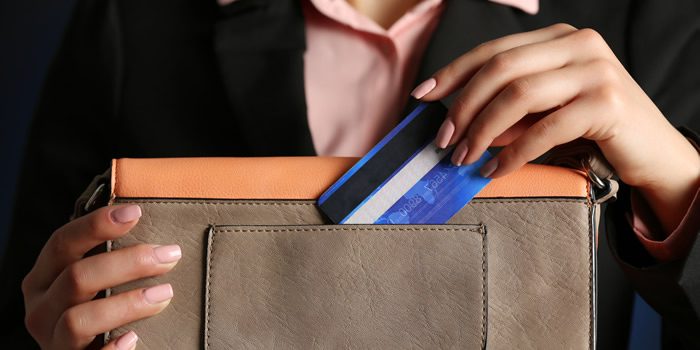
In today’s information age, identity theft is a growing threat and causes headaches for those affected. Imagine going out to lunch with your friend only to later find out your credit card was missing. That’s what recently happened to a Toronto lady named Rose Altomare. Rose thought her lunch was only going to cost her $10, but it ended up costing her a whopping $1,600.
How so, you ask? It’s because her credit cards were stolen. Rose originally thought she forgot her wallet at the restaurant, but after watching security footage there, she soon discovered she was the victim of a skilled pickpocket. Unbeknownst to her, the thief literally went into her purse and snatched her wallet.
Avoiding Identity Theft
Rose did the right thing. She got on her phone and reported the crime to the police and her credit card companies. But by the time she contacted her credit cards, the thief had spent a combined $3,000 on her credit cards. With zero liability she assumed she was fully protected. Unfortunately, as she soon discovered that wasn’t the case.
Rose had four credit cards on her: MBNA MasterCard, Capital One MasterCard, American Express and Scotiabank Visa. The first three credit cards reversed the fraudulent charges, no hassle. Her Scotiabank Visa is where she ran into trouble. Scotiabank refused to reverse the charges because it claimed that her PIN was too easy to guess.
The Cardholder Agreement
Rose had used using part of her birth date as her PIN – a costly mistake. Rose hadn’t taken the time to review the literature that came with her credit card. In Scotiabank Visa’s Personal Credit Agreement Companion booklet, it has the following warning: “DO NOT select your birth date, telephone number, license plate, address, or other easy to guess combinations.”
Scotiabank’s cardholder agreement goes into further detail. It says “not to use an electronic signature that is a combination selected from your name, date of birth, telephone number, bank account number, address or social insurance number.”
Although Scotiabank felt bad for Rose’s situation, the bank stood firm on its position of not reversing the charges.
“While we are certainly sympathetic to any of our customers that fall victim to theft or fraud, we also undertake to educate our customers of their security responsibilities as outlined in our Personal Credit Agreement Companion booklet,” Scotiabank spokesperson Rick Roth said in a statement. “One of their primary responsibilities is to maintain the confidentiality and safekeeping of their credit card and electronic signature.”
What about the so-called “zero liability” protection? Visa Canada weighed in on the situation.
“The cardholder does have an element of responsibility to adhere to the cardholder agreement, which may include provisions around liability where the cardholder may have contributed to the unauthorized use of the card by failing to protect the account,” Visa Canada spokesperson Carla Hindman said.
The Bottom Line
Rose’s story serves as a good reminder for cardholders. Even though Mastercard and Visa offer “zero liability” protection, it’s still your responsibility as a cardholder to adhere to the cardholder agreement. That includes not choosing a PIN a thief would be able to easily guess. Otherwise, if you wallet is ever stolen, you could find yourself on the hook for fraudulent charges similar to Rose.



